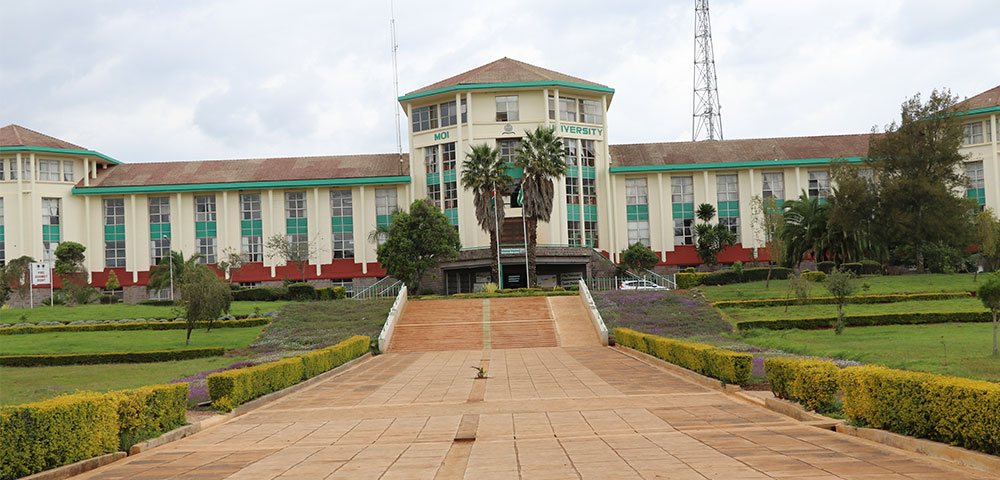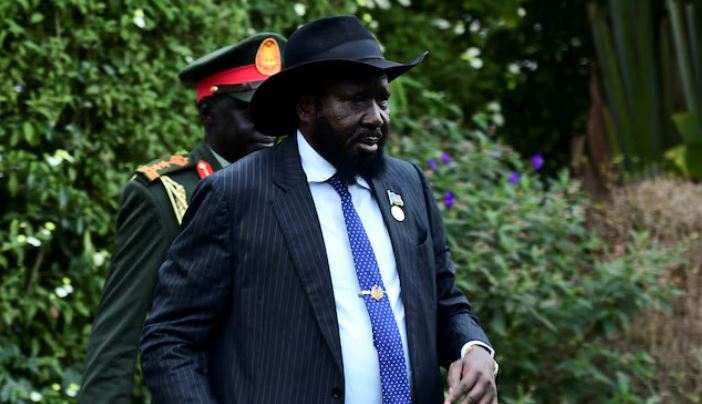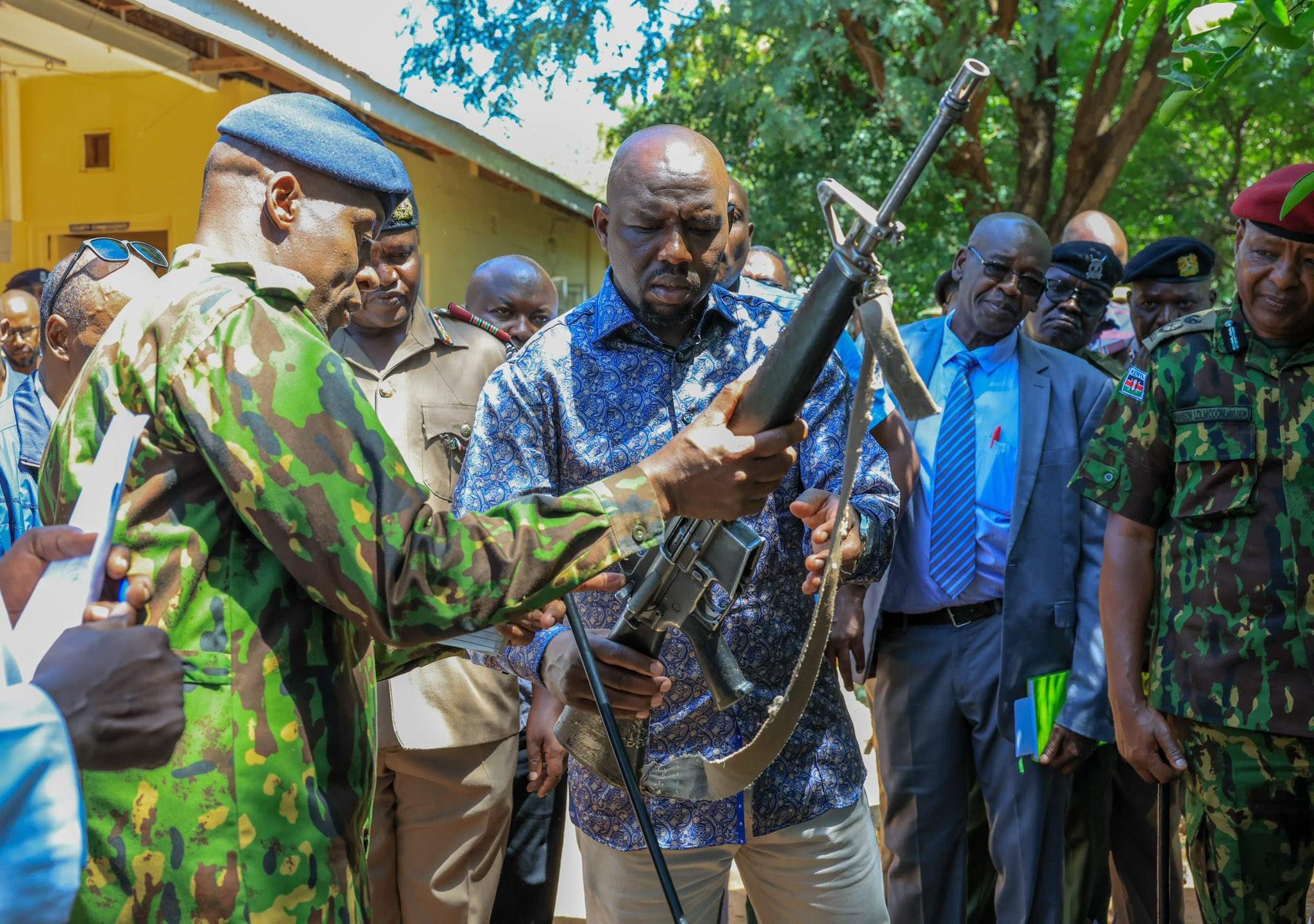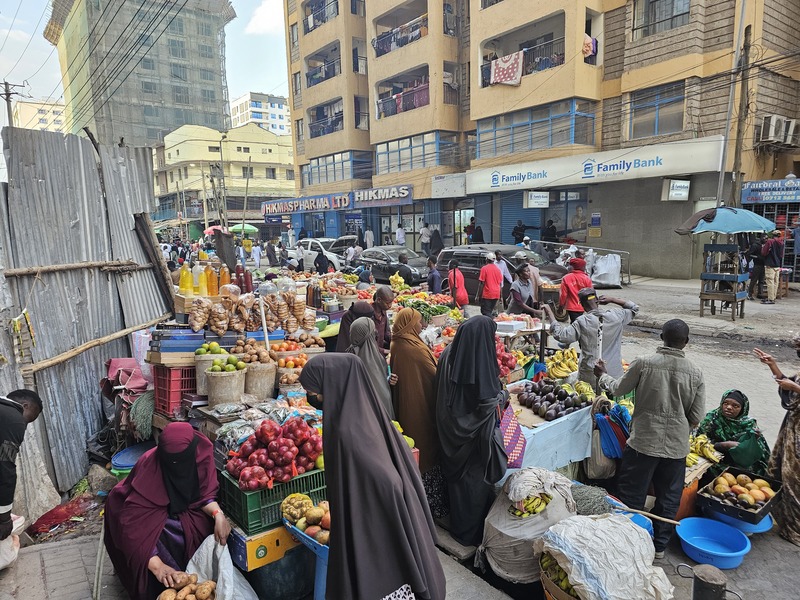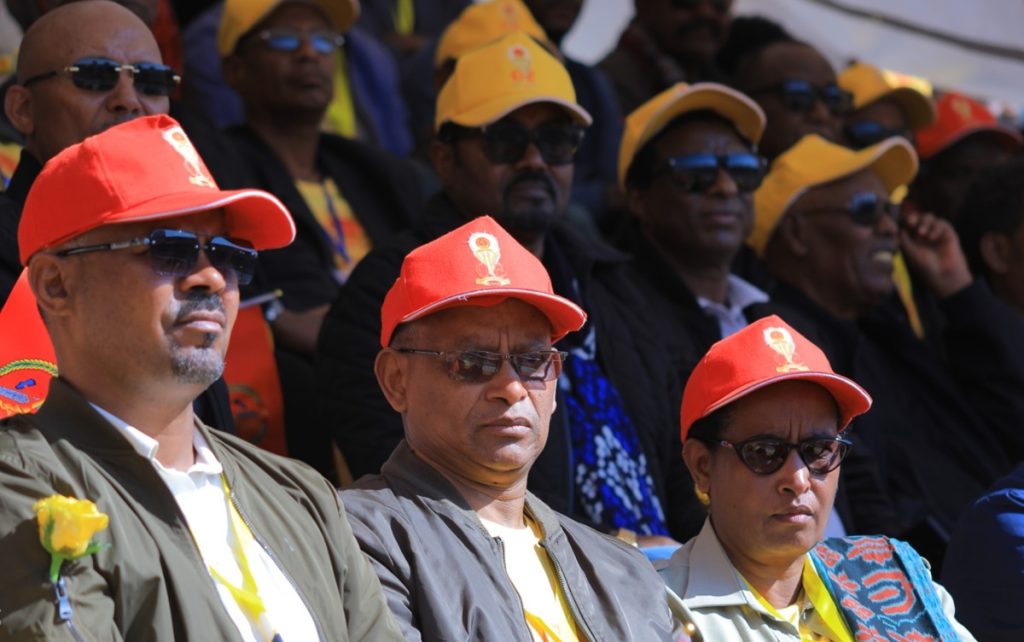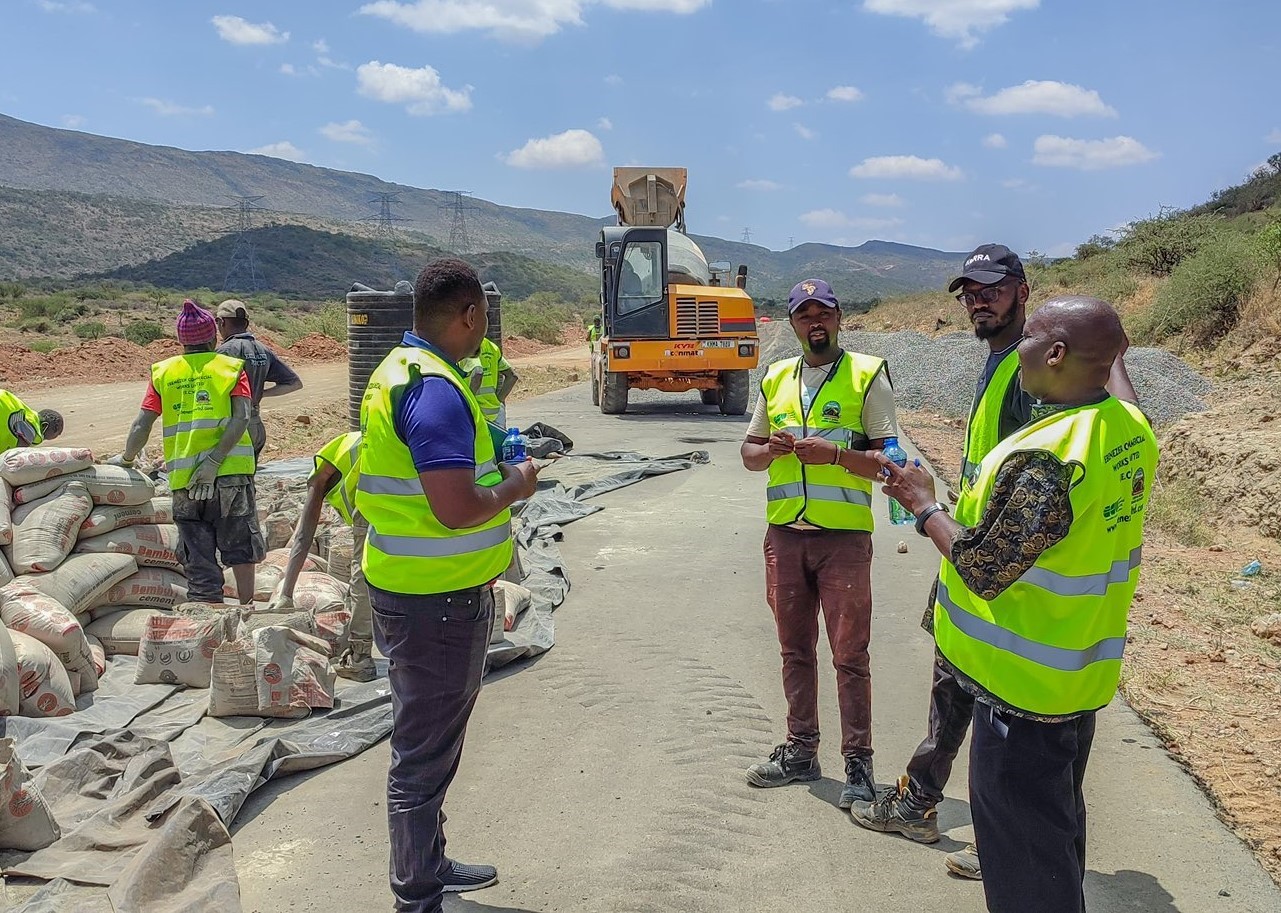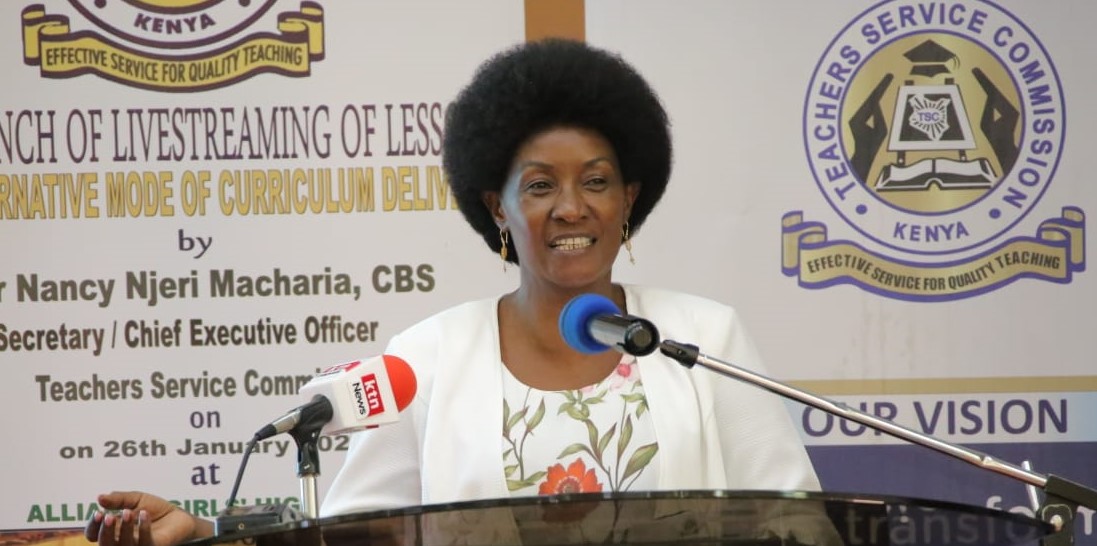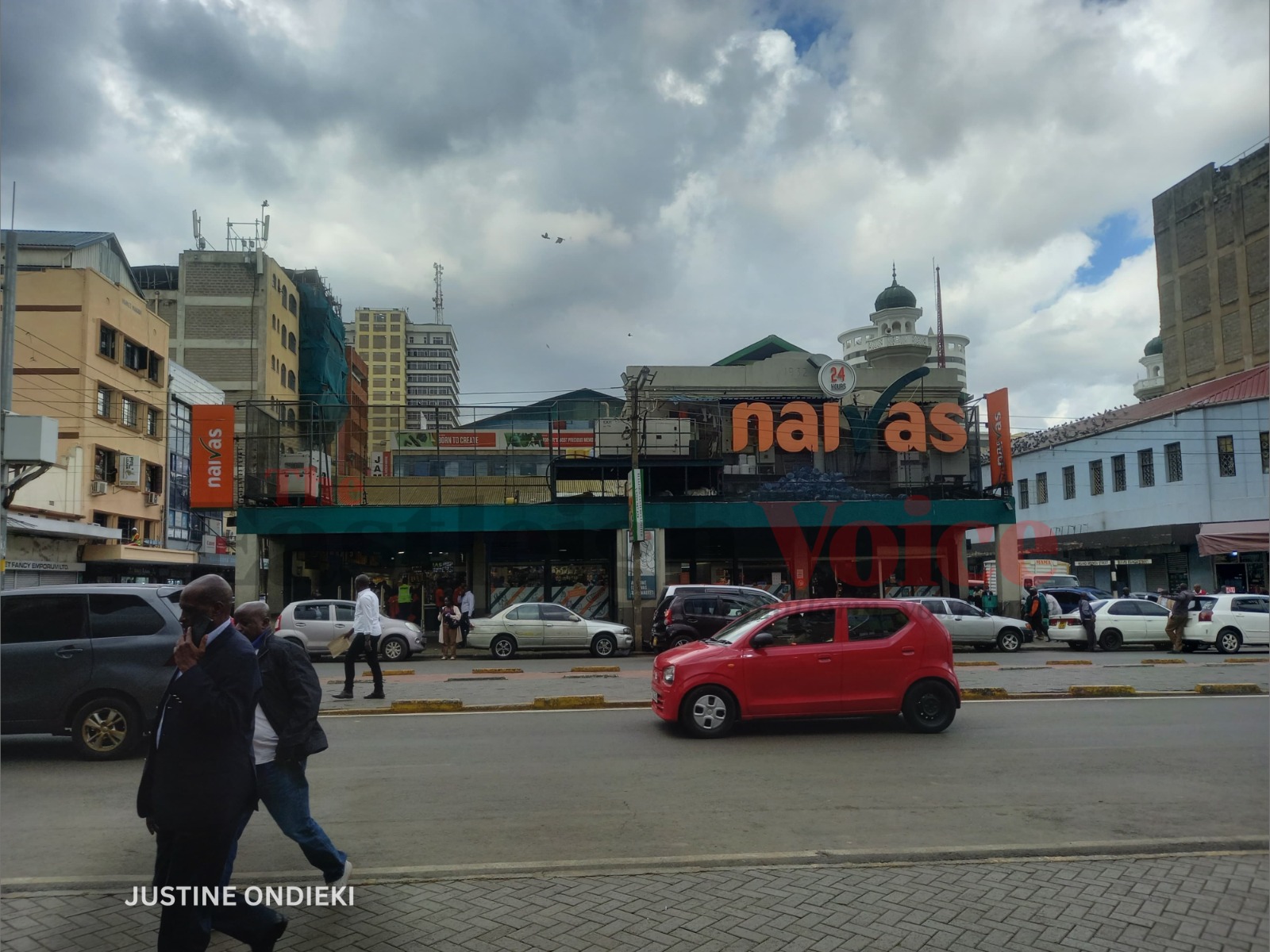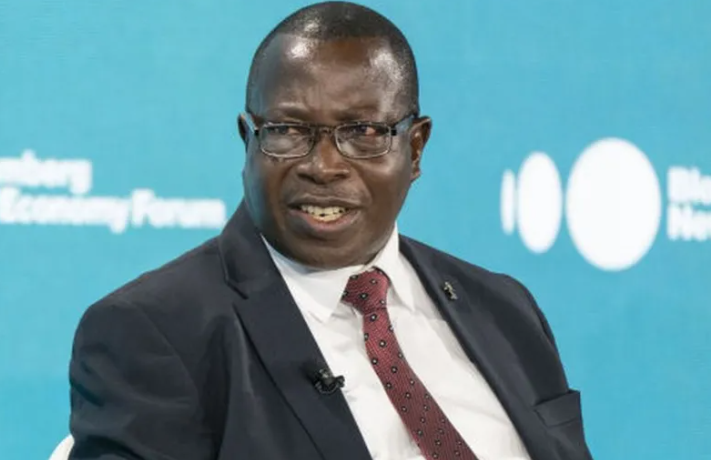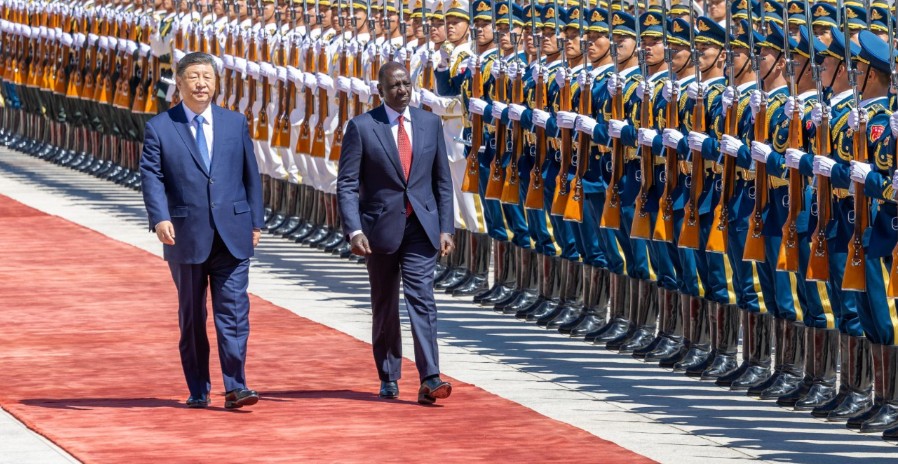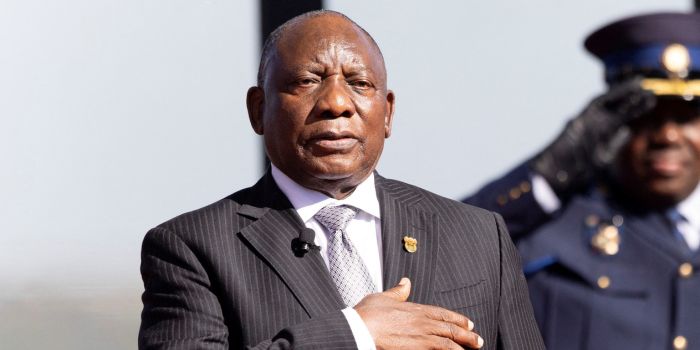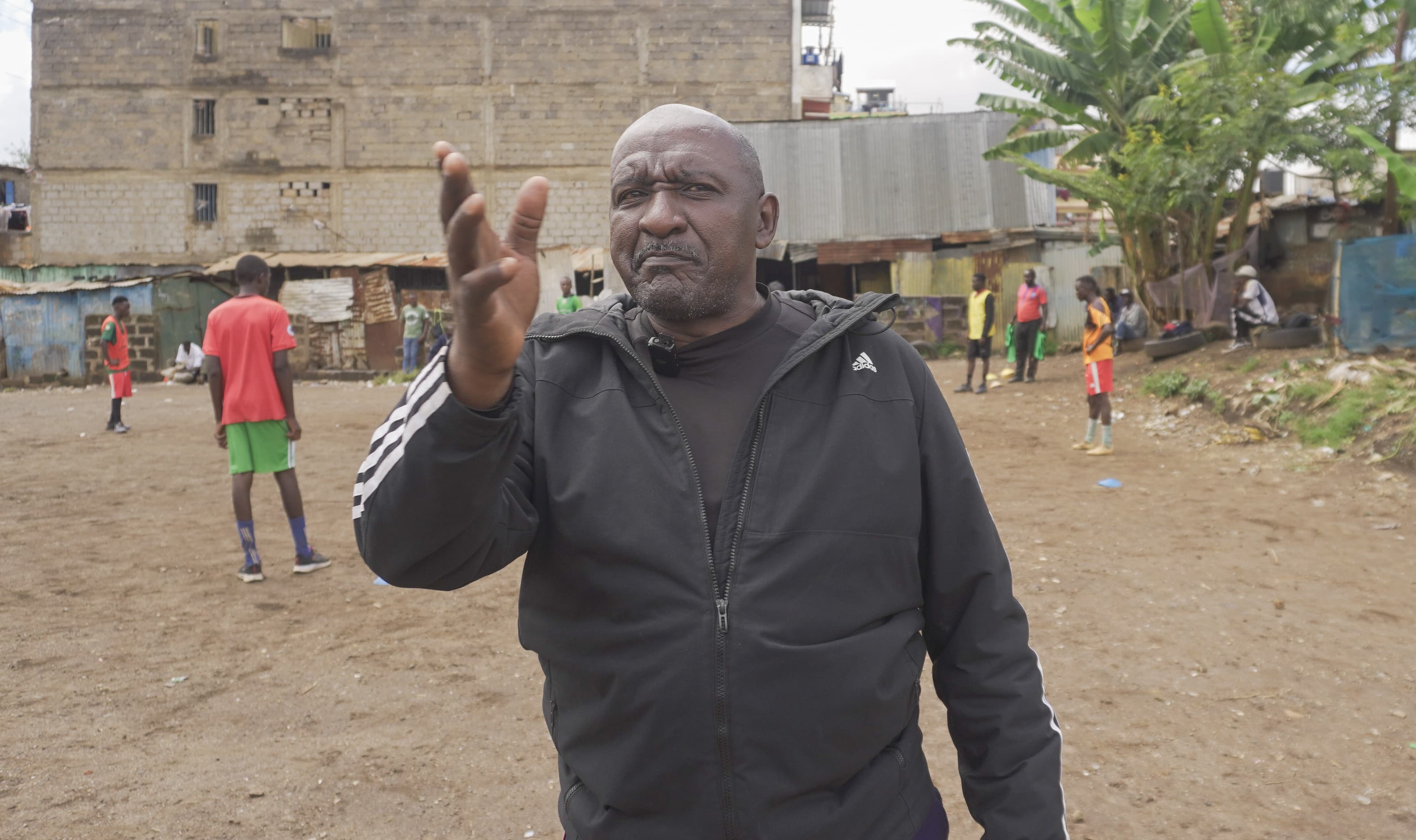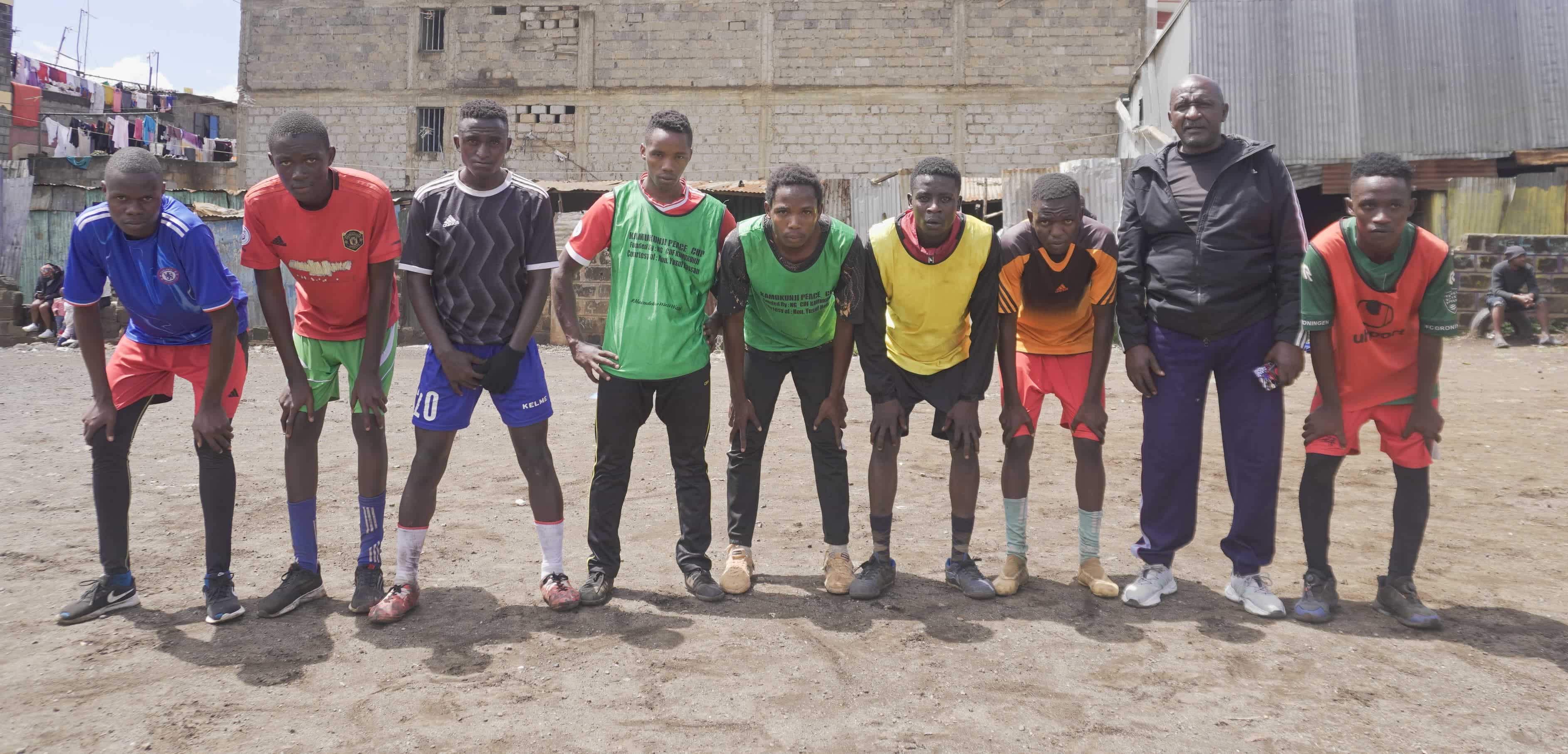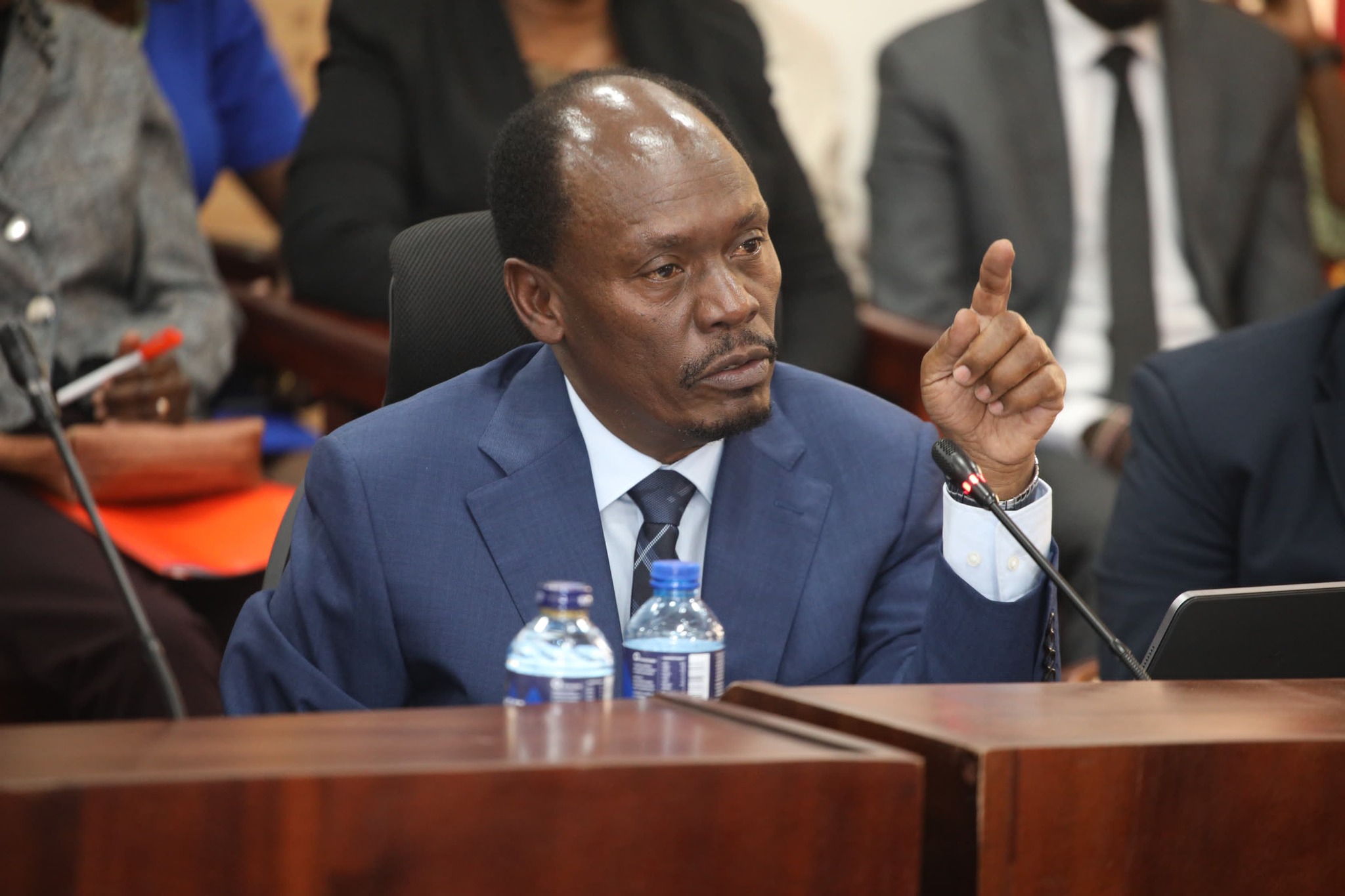How arrest as a teenager fired Hussein Khalid’s urge to fight for rights
![How arrest as a teenager fired Hussein Khalid’s urge to fight for rights - A police officer helps Hussein Khalid wash off tear gas effects from his eyes during Gen Z demonstrations. [Justine Ondieki]](https://publish.eastleighvoice.co.ke/mugera_lock/uploads/2024/08/IMG_2344-1-1.jpg)
One of his significant achievements was his involvement in investigating the murder of ICC witness Meshack Yebei
As a Form Two student aged 16, human rights activist Hussein Khalid was introduced to injustice in a traumatic way when, one day, he was sent by his family to buy meat from a local butchery.
But this routine chore took a dark turn when he was stopped by police officers who demanded identification from him. He had no identity documents on him, and his attempts to explain why fell on deaf ears.
More To Read
- Boniface Mwangi abducted by unknown people
- Activists demand dismissal of Tana River security officials amid rising violence
- Activist Morara Kebaso arrested in a raid at his office
- Drama as police attempt to arrest activists outside President Ruto’s office
- MUHURI director Khelef Khalifa released after being arrested in Malindi
- Autopsy of slain Kitengela protester registered as road accident victim pushed to Monday
He was arrested and taken to Central Police Station.
“It was a normal weekend and, suddenly, I was facing an unimaginable situation. I was just a teenager trying to do a simple errand and now I found myself in a cold, grimy cell,” he told The Eastleigh Voice in an interview.
The ordeal lasted overnight, with Hussein’s family frantically searching for him and eventually discovering his location. His release came at a cost — a bribe that drained the family’s weekly budget and left them without food for several nights.
“That incident was more than just a personal trauma; it was an eye-opener to the systemic injustice that permeates society. It ignited a fire within me to fight back and seek justice, not only for myself but for others who suffer in silence,” he said.
The harrowing experience with the police made him resolve to pursue a career dedicated to human rights. Determined to understand and combat the systemic issues he had encountered, he pursued a law degree with a focus on human rights. This academic journey was not merely a path to professional success but a means to address the glaring disparities between legal theory and the harsh realities faced by marginalised communities.
“I entered law school with a clear purpose. It wasn’t just about learning the law but about bridging the gap between what I was studying and what people were experiencing in their daily lives. I wanted to make a difference, to turn my pain into purpose,” Hussein said.
After completing his studies, Hussein began working with several NGOs, including the Centre for Law and Research International (Clarion), the Kenya Human Rights Commission (KHRC), and Muslims for Human Rights (Muhuri). Each offered him a platform to address human rights issues and engage in meaningful advocacy.
At Clarion, Hussein worked on legal reforms and addressing human rights abuses, while at KHRC, he focused on advocacy and public education. His tenure at Muhuri further expanded his role, allowing him to work directly with marginalised communities and tackle their most pressing issues. His commitment was evident in his approach.
“Working with these organisations was not just a job; it was a calling. I wanted to use my skills and knowledge to make a real difference,” he said.
One of his significant achievements was his involvement in investigating the murder of ICC witness Meshach Yebei. The case required navigating a complex web of corruption and danger.
“The Yebei case was challenging. Uncovering the truth meant facing powerful forces and risking our safety, but it was crucial to bring justice to light,” said Hussein.
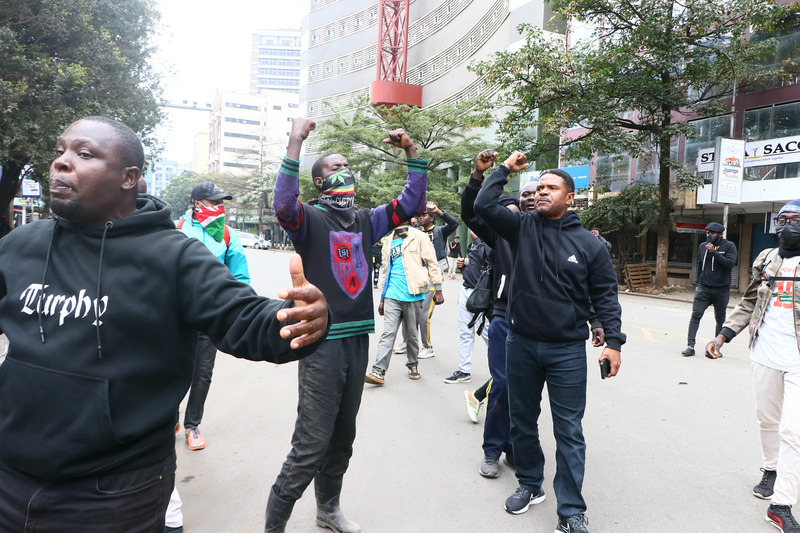 Hussein Khalid during Gen Z demonstrations. [Justine Ondieki]
Hussein Khalid during Gen Z demonstrations. [Justine Ondieki]
“Every case, every investigation was a reminder of why I started this work in the first place — to fight against the injustices that plague our society.”
Among Hussein’s most notable achievements is his involvement in uncovering the dumping of bodies in River Yala. Alongside activist Boniface Mwangi, he helped expose the horrifying practice of disposing of bodies in the river.
The scandal brought significant attention to the systemic corruption and violence in the country.
“The scale of the abuse was staggering. It was our responsibility to ensure that those responsible were held accountable and that the victims were given the justice they deserved,” he said.
A key aspect of Hussein’s work is his focus on community empowerment. He believes that true change begins at the grassroots and has dedicated much of his career to educating people about their legal rights and providing them with practical tools for advocacy. Empowering communities is at the heart of his work.
“When people know their rights and have the tools to fight for them, they can drive change from within their communities,” Hussein said.
He organises workshops, legal aid clinics, and public forums aimed at disseminating information and offering support.
“Seeing people gain confidence and stand up for their rights has been one of the most rewarding aspects of my work. It’s about creating a ripple effect of change that extends beyond individual cases.”
A defining moment in his activism came with the recent Gen Z protests which were fuelled by a wave of discontent and a demand for change in the way the country’s affairs are run. This saw Hussein at the forefront of the movement.
“The energy and determination of the youth during the protests were incredible. It was a moment of collective hope for a better future,” he said.
However, the excitement of the protests was overshadowed by tragedy. Several protesters were killed, a reality that deeply affected Hussein.
“The violence was a harsh reminder of the risks involved in fighting for justice,” he said.
Hussein and other activists worked tirelessly to support the families of the victims, ensuring that their loved ones were honoured and their sacrifices acknowledged.
Guiding families through post-mortems and the bureaucratic hurdles that followed was both emotionally and physically draining.
“Helping families navigate their grief while fighting for justice was one of the toughest challenges I’ve faced. But it was essential to ensure that their loved ones were remembered as heroes and that justice was pursued,” he said.
Hussein’s activism has come with significant personal risks. His fearless approach to addressing human rights abuses has led to numerous arrests and ongoing court cases.
But despite facing threats and intimidation, he remains steadfast in his commitment.
“The threats and challenges have been constant. But my belief in the work I’m doing keeps me going. I know that every risk is worth it if it means advancing the cause for justice.”
As he reflects on his journey, he acknowledges the profound impact of his work.
“My story is not just about personal triumphs. It’s about the broader struggle for justice and human rights. It’s about honouring the sacrifices of those who have fought for a better future and continuing the fight for those who still suffer,” he said.
His work has empowered communities, exposed systemic abuses, and inspired others to join the fight for justice. His legacy is reflected in the countless individuals he has helped and the broader movement for human rights and social justice that he has been a part of.
“There is still so much work to be done. But I am committed to continuing this fight, to making a difference and ensuring that the voices of the marginalised are heard,” he said.
Top Stories Today
